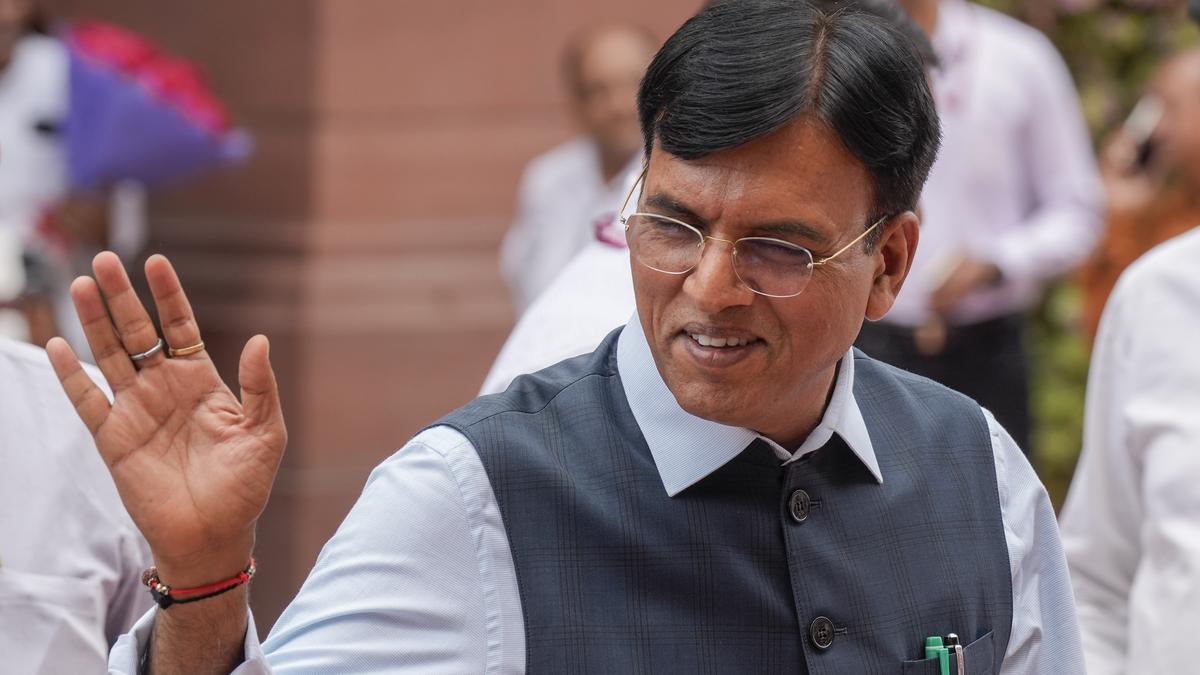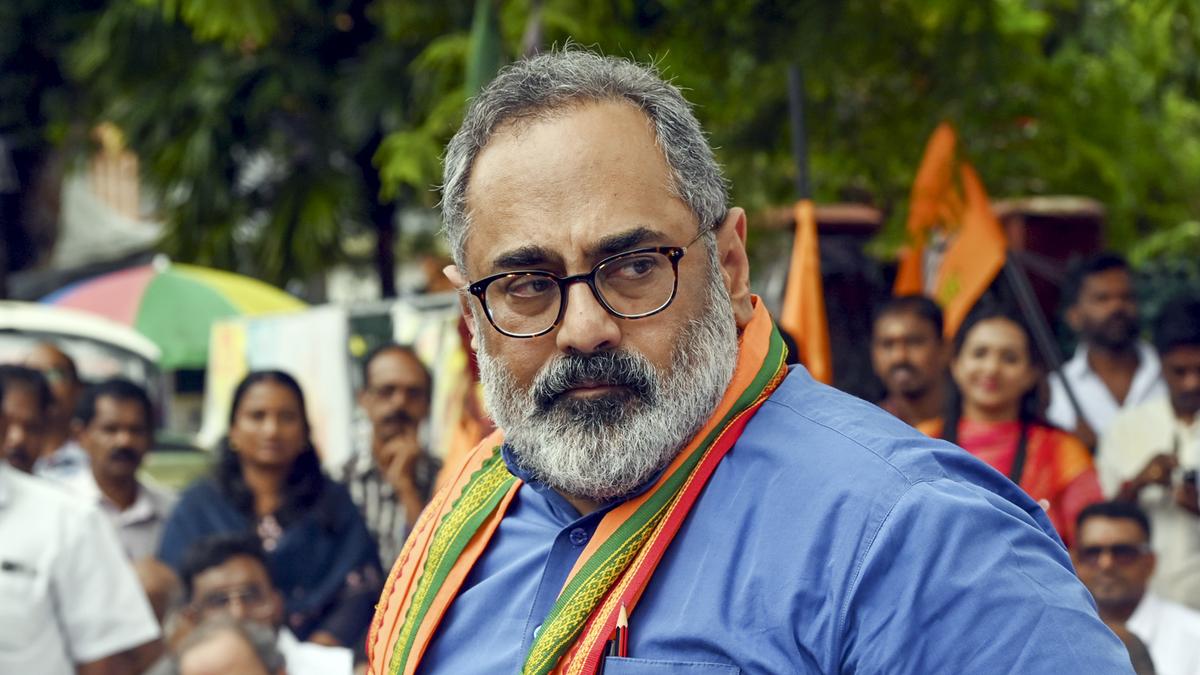Union Labour Minister Mansukh Mandaviya and Union Labour Secretary Sumita Dawra have started meeting representatives of various trade unions seeking their cooperation to implement the controversial legislation. File
| Photo Credit: PTI
Almost a month after the swearing-in of the Narendra Modi government for the third term, the Union Labour Ministry has started efforts to implement the four Labour Codes, which were passed in Parliament in its second term in 2019 and 2020. New Union Labour Minister Mansukh Mandaviya and Union Labour Secretary Sumita Dawra have started meeting representatives of various trade unions seeking their cooperation to implement the controversial legislation.
Though passed in both Houses, the codes are not yet operational apparently due to the objection of trade unions. The Centre has been maintaining that some States are yet to frame the rules for the codes. Almost all the States have framed the rules and the Centre had said it was helping those States which could not draft the rules to complete the process. The Central Trade Unions (CTUs) had opposed the implementation of the codes citing that they will curtail trade unions’s rights and social security measures for workers. Recently, the Citigroup had said in its employment analysis report on India that implementing the four Labour Codes could improve the “ease of doing business” scenario in the country.

Mr. Mandaviya met the representatives of Sangh Parivar-backed trade union Bharatiya Mazdoor Sangh (BMS) earlier this week, while Ms. Dawra met a delegation of Self-Employed Women’s Association (SEWA) on Wednesday. The leaders of both the trade unions told The Hindu that the Minister and the Secretary were keen to implement the four Labour Codes and sought their help.
Also Read | Labour Codes empower workers: PM Modi
BMS general secretary Ravindra Himte said in a release that they had demanded early implementation of the Code on Wages and the Code on Social Security. He, however, said the Industrial Relations Code and Occupational Safety and Health Code contained many anti-worker provisions which needed to be changed. “The OSH code also advances very much on safety and health concerns of workers, but the threshold limit prescribed in the code limits the benefits so provided. The BMS also demanded detailed consultations with all trade unions on Labour Codes and to implement the codes at the earliest rectifying the defects,” Mr. Himte said.
Lack of social security
National Secretary of SEWA Manali Shah said the issue came up in the meeting and the Centre was keen to implement it. She, however, said SEWA was opposed to the four codes and the purpose of visit was mainly to convey the Secretary about the lack of social security measures for unorganised and migrant workers. “The current social security legislation fails to adequately safeguard their rights as State policies and laws concerning social security offer no specific provisions for migrant workers. Both migrant workers crossing State borders and workers employed outside India face similar deprivation of protection under social security laws and schemes,” a memorandum submitted by SEWA said.
OPINION | Hard truths about India’s labour reforms
Ten Central Unions, including SEWA, had written to Mr. Mandaviya urging him to meet the CTUs on the issues of workers. “We hereby request you to call a meeting jointly with all the Central Trade Unions for the opportunity of interaction with you and to put forth burning issues of labour for your kind attention for necessary actions thereon,” the letter, written last week said.
Senior trade union leader Amarjeet Kaur told The Hindu that the Centre should immediately convene the Indian Labour Conference, which was held just once in the last 10 years. “It is the tripartite forum of workers, government and employers held every year, but the Narendra Modi government organised it just once. We urge Mr. Mandaviya to hold the ILC rather than meeting CTUs individually,” Ms. Kaur said, and added that several of the issues of the workers remain unresolved and implementation of the four Labour Codes would worsen the living standards of workers further.






